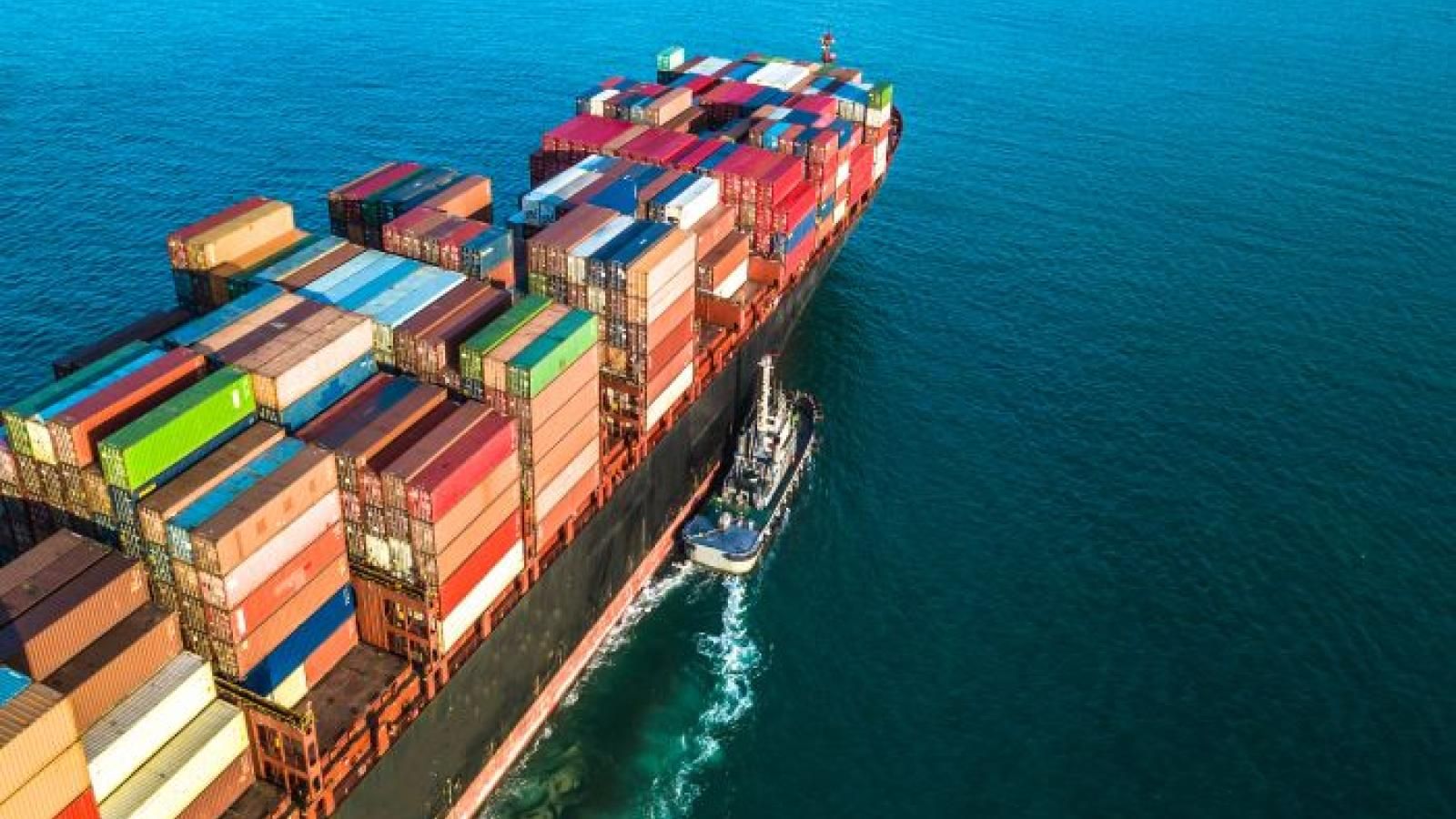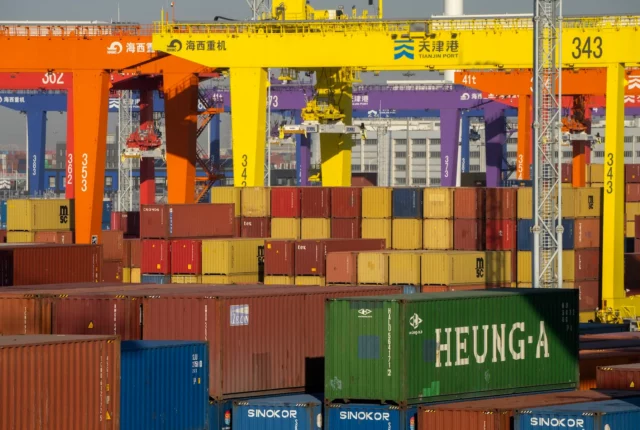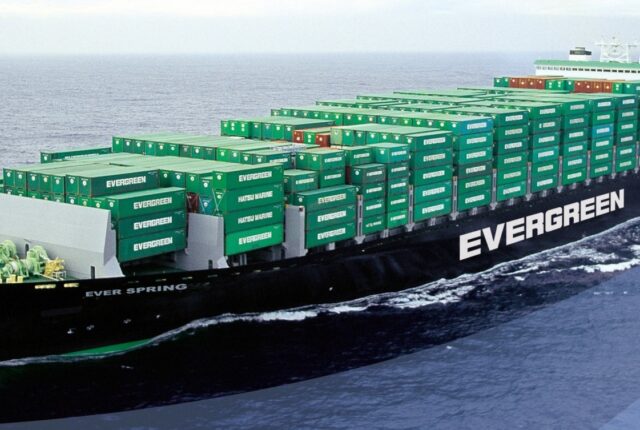
Navigating Tariffs and Compliance: What U.S. Importers and Exporters Need to Know
As the U.S. trade landscape continues to shift, importers and shippers are seeking strategies to mitigate the impact of newly imposed tariffs. Industry experts emphasize the importance of compliance and transparency to reduce the risk of costly penalties.
Below are key areas where businesses should stay vigilant.
The Role of the False Claims Act in Tariff Compliance
The U.S. government actively enforces tariff regulations under the False Claims Act, a powerful law that holds importers accountable for errors or omissions in duty declarations—even if made without fraudulent intent. Common compliance pitfalls include:
- Misclassifying goods to benefit from lower tariff rates
- Declaring an incorrect country of origin
- Splitting shipments to avoid meeting duty thresholds
- Underreporting the dutiable value of goods
Violations of these rules can spark federal investigations or whistleblower lawsuits. As a result, ensuring accuracy in all customs filings has become a top priority for businesses navigating the current trade environment.
Delivered Duty Paid (DDP) Shipments: Hidden Risks
Another area where companies should exercise caution is when shippers propose changing Incoterms to Delivered Duty Paid (DDP). Under DDP arrangements, the shipper assumes the role of the non-resident importer of record, carrying legal responsibility for customs compliance and any related penalties.
While this may appear to shift liability away from the U.S. consignee, all parties involved in the transaction may still face investigation under U.S. law if compliance issues arise, including under the False Claims Act. Industry advisors strongly recommend that companies fully understand their obligations before agreeing to DDP terms.
U.S. Export Challenges Amid Rising Trade Tensions
Amid ongoing U.S.-China trade tensions, export activity has taken a significant hit. Reports from the Journal of Commerce (JOC) indicate that Chinese buyers are canceling orders from U.S. exporters, especially for commodities such as polymers and fertilizers. Export volumes to China are already declining, with many stakeholders bracing for further cancellations if tariffs persist.
In response, U.S. exporters are increasingly redirecting shipments to other Southeast Asian markets, particularly those where American tariffs have been temporarily suspended. Agriculture remains one of the hardest-hit sectors, echoing the disruptive effects seen during the 2018–2019 tariff disputes.
Source: Journal of Commerce
Trade Uncertainty Disrupts Global Shipping
Global container shipping has been thrown into turmoil by unpredictable U.S. trade policies. According to Freight Waves, a combination of reciprocal tariffs, sudden exemptions, and short-term pauses has left shippers scrambling to adjust. While most trading partners were granted a 90-day reprieve, China was excluded from these temporary measures.
Although electronics later received exemptions, many earlier tariffs remain in place. This policy uncertainty has led to a sharp decline in shipping bookings out of China, a wave of frontloading by U.S. importers, and increased demand from alternative manufacturing hubs such as Taiwan and Vietnam.
Source: Freight Waves
New Fees on China-Built Ships Under USTR Proposal
In a move aimed at bolstering the U.S. shipbuilding sector, the U.S. Trade Representative (USTR) has revised a controversial plan to levy steep fees—up to $1.5 million per port call—on vessels built in China. Following opposition from the maritime industry, the revised policy limits the fee to once per vessel voyage, with a maximum of six times annually. Charges will depend on a ship’s net tonnage or the number of containers discharged, and the rates are set to rise incrementally over time.
A hearing scheduled for May will further examine potential tariffs on port equipment predominantly supplied by Chinese manufacturers, signaling continued efforts to recalibrate U.S.-China maritime relations.






